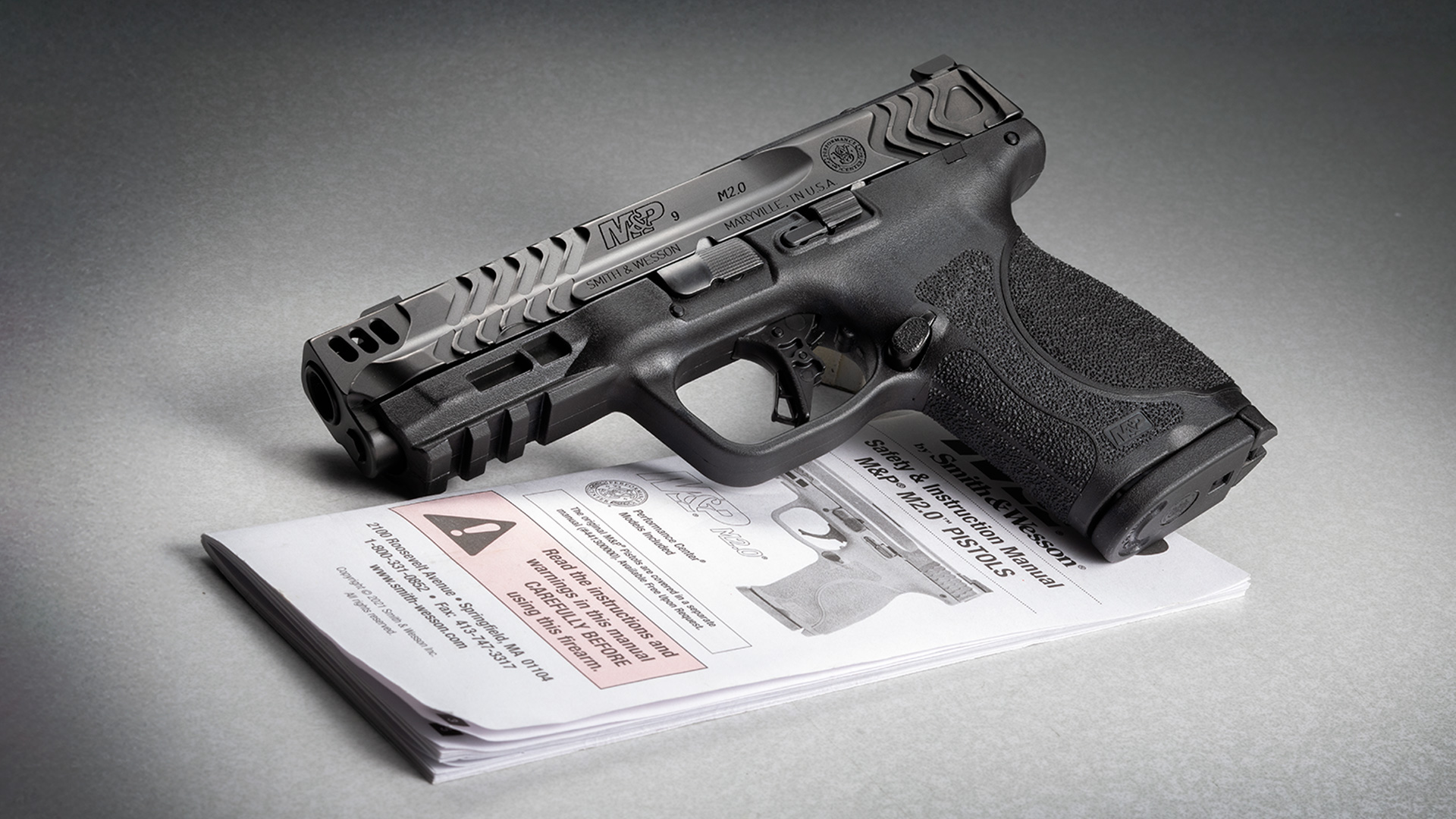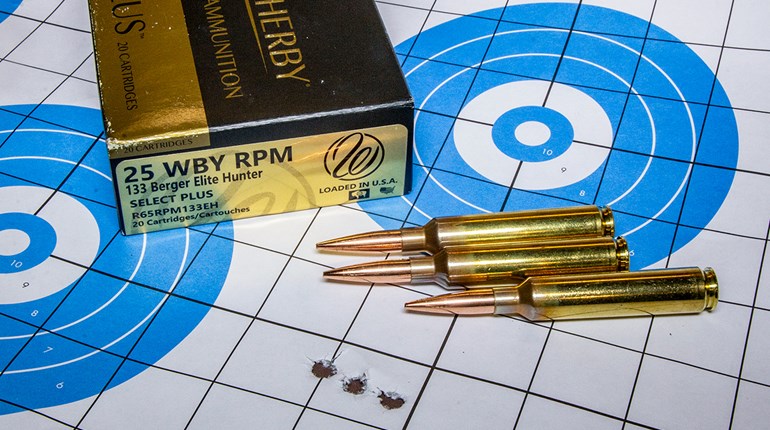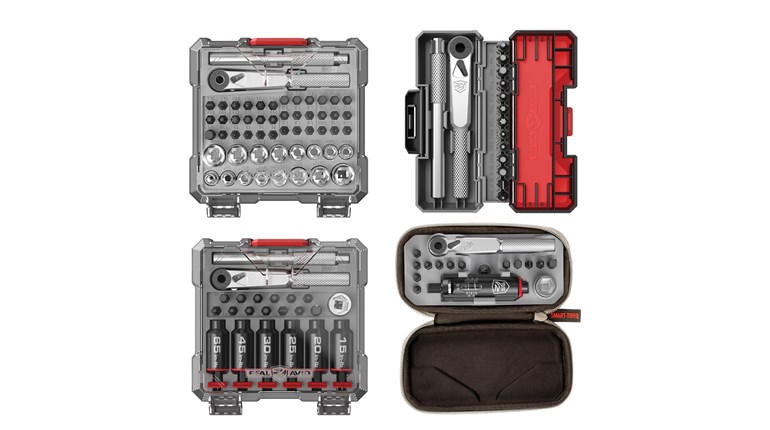
Homes can provide a familiar place to feel comfortable, safe and secure. They are usually where most people spend their time cooking, gardening, reading or relaxing. Our homes are where we share laughter with friends and family, make special memories, and we even personalize our surroundings. When life gets a bit overwhelming, this can often be our retreat from the outside world.
What if the outside world forced itself upon your peaceful home? There are many psychological side-effects that can appear after a home invasion. Some are feelings of mistrust, depression and fear. If you are “in charge”, there is always a chance that you may feel guilty for causing your family pain because “you should have done more to prevent it.” In my research, I found that one in 10 families move away because the violation impact is so extreme that they decide to leave their home, and even the area entirely.
 What if we could shift the power back to the homeowner so we can avoid the post-traumatic stress, anxiety attacks and insomnia that can be caused as a result of a property crime? Let’s put a handful of simple procedures in place.
What if we could shift the power back to the homeowner so we can avoid the post-traumatic stress, anxiety attacks and insomnia that can be caused as a result of a property crime? Let’s put a handful of simple procedures in place.
- Pay attention: Do you see vehicles or people that you don’t recognize around your home or street? Does someone look out of place or are they taking photos? Yes, burglars will knock on your door or ring the bell to see if anyone is home. Also, please make a mental note that scammers posing as door to door salesmen, utility workers, etc. would love to be invited into to your home and scope it out.
- Have a security system and use it: Homes without a security system are 300 percent more likely to be broken into and burglarized. The main issue with security systems is people don’t turn them on. Many burglars know that there is a high chance you will not use them due to “inconvenience” so they will not be deterred by a window sticker or sign. Alarm systems are only useful when you remember to activate them.
- Lock your doors and windows during the night and the day: Statistics show that 9 percent of burglars use the garage door, 9 percent use the basement entrance, 22 percent use the back door and 23 percent enter through a window. Locking all entrances can deter a thief.
- Close your blinds when not at home: 81 percent of home robberies begin on the first floor (that includes the front door). If the criminal can’t see their favorite targets (cash, electronics, prescription or illegal drugs, guns and jewelry), they are more likely to move on. Consider curtains on garage windows as well; let’s not tempt a thief.
- Add cameras and a dog: Burglars will often avoid a house with CCTV cameras and large dogs because it is not worth the risk of video proof that they were there or getting attacked by a dog. This can easily add that extra layer of protection. Also, no one says you need to be honest about this:! Put a “Beware of Dog” sign on your property to make would-be burglars think twice about choosing your house.
- Good lighting and motion-sensing lights: Unwelcome trespassers are more likely to avoid a home that has good lighting and/or motion-sensing lights for a couple reasons. It may be that they can be physically seen through a window in your home or the lights coming on may trigger a neighbor’s curiosity and they may call the police.
- Going out of town: Put mail deliveries on hold or ask a neighbor to pick up daily so it does not pile up. Put some lights on a timer so your house looks active or get a smart home system so you can turn your lights on and off remotely. Consider setting up a snow removal service to clear your driveway/walkway in the event of a heavy snow. Same goes for your lawn, set up lawn care with a neighbor or service.
- Up to date locks: Old or broken locks make your house appear vulnerable. Install deadbolts on outside doors. Sliding glass doors can be a weakness. Special locks are also available for added security.

More to consider:
- Burglars know where to look for “hidden” house keys. Don’t be obvious.
- Keep the trees and bushes around your home tidy so there are fewer places to hide.
- Remove ladders close to the home.
- Disengage the manual release on electric garage openers.
- Be a good neighbor. Notice anything “out of place”? Let your neighbors know and even consider calling 911. Want to go a step further? Many local police departments offer recourses for Neighborhood Watch programs.
- Sadly, 51 percent of homes suffer a repeat burglary within the month. The thief might have seen more “goodies” but their hands were full, and they are probably on foot so they will need to return to get the rest. Stats also show that if a neighbor has been a victim of a recent break in, you may be next.
Unfortunately, 65 percent of property crime happens during the day while you are away. In fact, the most common hours are between 10am and 3pm. Burglars will pay close attention to their potential victims’ patterns and even those of their neighbors. The less inviting you make your home and the more “alive” your house appears, the less likely they are to strike.
Growing up, when my parents wanted to sit down with us kids and have a serious conversation, they would call for a “family pow-wow”. Please consider calling one of your own and have some important conversations with your loved ones on working together to keep your loving home off a criminal’s radar.




































